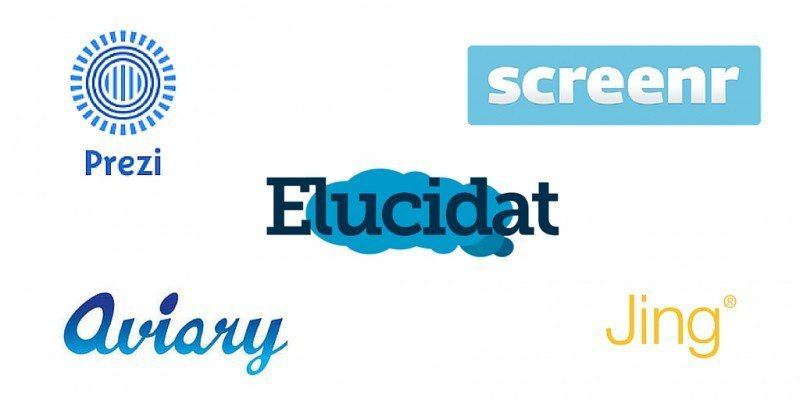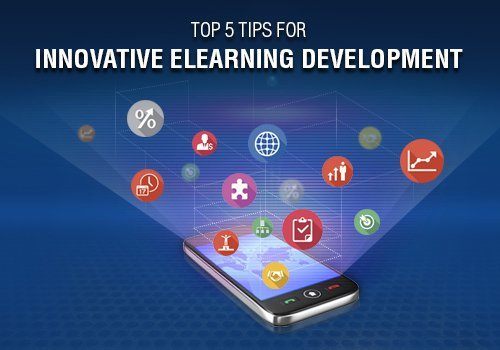Innovative Assessments In eLearning: Evaluating Students Better
Assessments can be carried out both as part of on-going teaching and eLearning activities in the year (formative assessment) as well as at the end of certain predetermined points during the academic year (summative assessment). Assessment is, thus, not only a way of measuring the progress of individual students, but also a way of measuring how well the institution/area’s educational programs are working and whether they are successful in fulfilling the instructional goals, at the state and national level.
Innovative assessments are the need of the hour. Traditional assessments have not been completely succeeding at providing meaningful results as students have resorted to methods such as learning by rote, which defeats the purpose. Traditional assessment thus measures the amount you have learned by rote and does not really help in gauging the understanding and learning of a lesson. In fact, reports show that traditional assessment through standardized tests promotes drill and practice, promotes rote learning, discourages inquiry based learning, and omitting content which may not be testable on the current test format. Thus, it encourages testing of a small breadth of content. By developing new and innovative assessments in eLearning, teachers can evaluate students better; students may feel motivated to word hard on their grades instead of asking others "could you write my essay for me please"?
Innovative assessments have to be focused on the students’ approach to eLearning and incorporate their attitudes. Thus, when designing assessments, instructors need to incorporate ways which would best tap the understanding of students. This can be challenging as different students have different ways of assimilating and absorbing knowledge. Thus assessments need to be authentic as well as able to explore learning from different angles – such as understanding, application, transferability etc.
The Effective Assessment Design
Assessment designers and educationists also need to realize that the nature and kind of assessments would influence how the student would view assessments in future. If the assessments are way beyond the student level and unforgiving, the student attitude would be negative with respect to future assignments. This would thus have a negative impact on learning outcomes. So, the assessment needs to be encouraging, positive and motivating, and aimed at helping the student develop a self-improvement and encourage the student to strive more.
Innovative and authentic assessments should focus on cases/contexts which apply to the real world and which is more easily understood by students. Innovative assessments should encourage on the spot thinking and application of skills and processes in situations rather than regurgitating existing and old information. They should help student stretch their mind beyond the existing knowledge. They should preferably be “hands on”’; such that they engage all the senses of the child and experiential. It is through experience, that students can really learn something. Assessments should at the same time possess high validity and reliability. Assessments should be able to directly target the desired instructional goals and measure the desired outcomes in a clear and effective manner. Thus, the tasks chosen for assessment should match the goal.
Since formative assessments are ongoing, they can be tailored in interesting fashion –such as use of class quizzes, online activities, field activities to– keep track of learning on a daily basis. Project work and other creative work can also be used to keep students engaged, learning as well as understand what and how much they are learning. Mind-mapping and concept-mapping can be used to have a quick assessment of the understanding of the topic in their own words; this also helps in brainstorming for problem-solving assignments.
Some of the assessments which score high on these include:
- Portfolios.
- Essays.
- Critical analysis.
- Self and peer assessment which develops reflective and analytical skills.
- Using IFrames and multimedia.
- Direct observation through experiential assessments such as real life investigations.
- Research experiences.
- Open ended questions.
- Case studies- particular situations, where students have to research that situation and present their own analysis of it, which would demonstrate their understanding of the learning objectives. There is no clear cut question or straight forward answers. Both may come out of it as a result of the research.
- Simulation tests- where the student is presented with a real life situation through a variety of ways and the student has to respond using appropriate skills and knowledge.
- Multiple choice questions are a great way to assess students’ factual knowledge. They are usually considered to be very reliable.
With technological advances occurring rapidly, and the use of tablets, iPads, and mobiles rapidly spreading, more interesting and innovative ways of evaluating student understanding and learning are being uncovered. The ultimate outcome should be a fair and accurate way of student learning which would benefit the students primarily.









